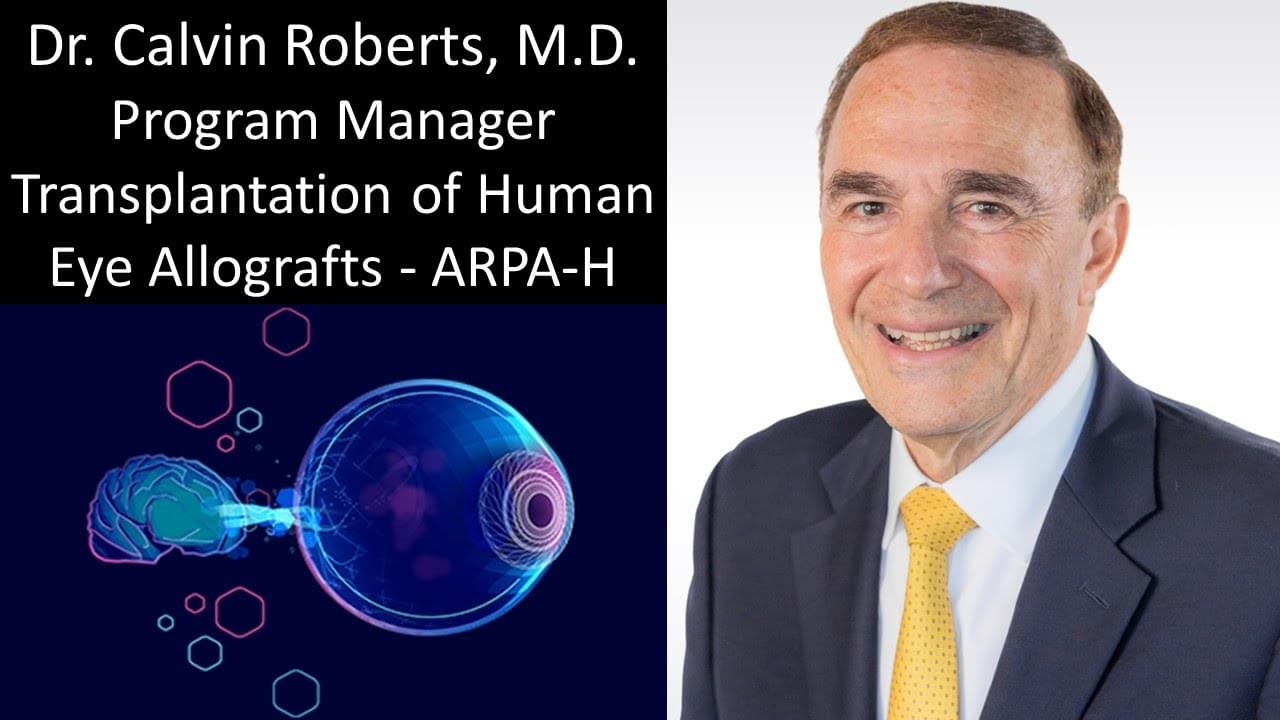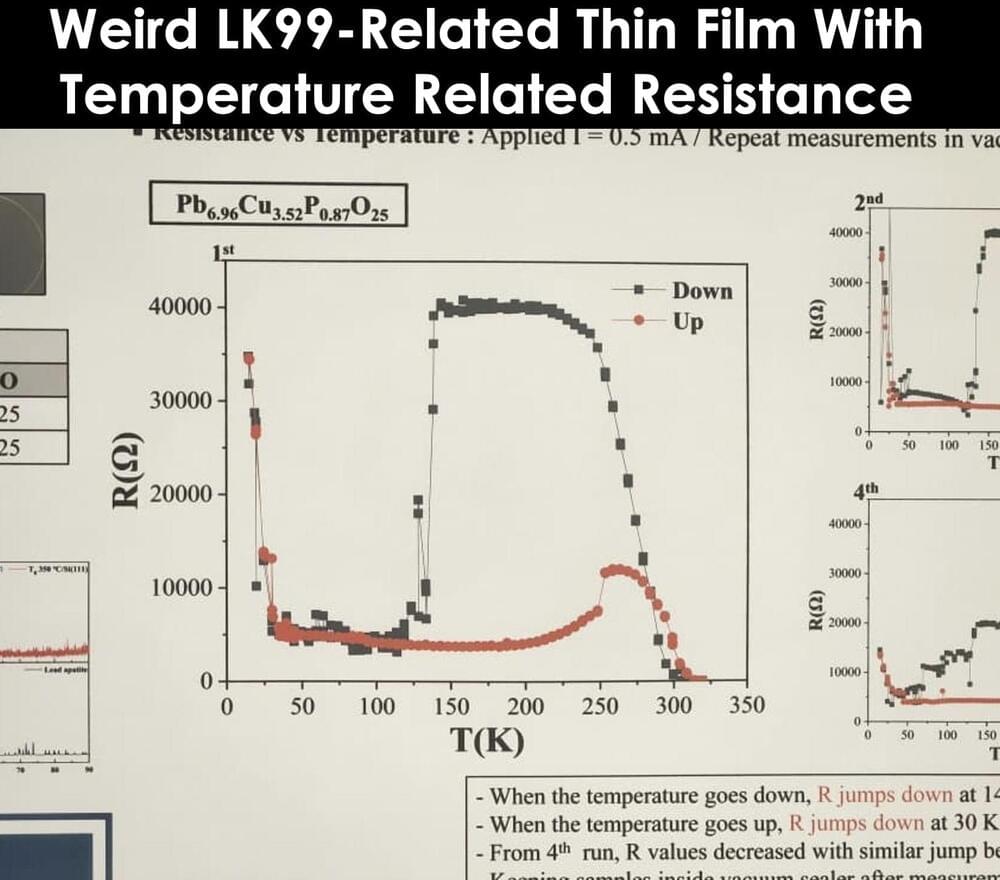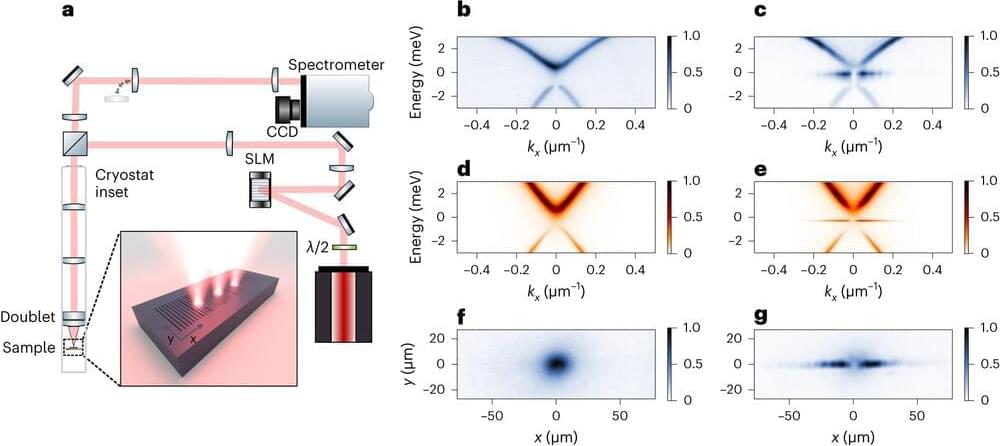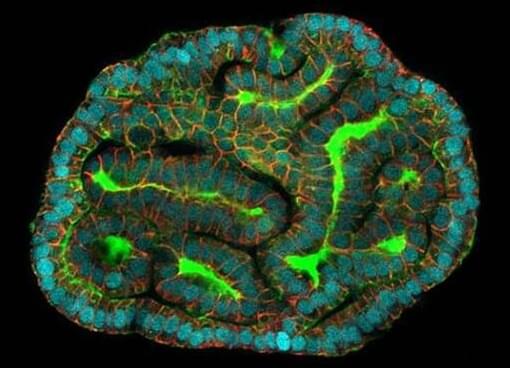Mar 8, 2024
Dr. Calvin Roberts, M.D. — Program Manager, Transplantation of Human Eye Allografts (THEA), ARPA-H
Posted by Ira S. Pastor in categories: biotech/medical, health, neuroscience
Transplanting Whole Human Eyes To Restore Vision In Patients Who Are Blind Or Visually Impaired — Dr. Calvin Roberts, MD — Program Manager, Transplantation of Human Eye Allografts (THEA), Advanced Research Projects Agency for Health (ARPA-H)
Dr. Calvin Roberts, M.D. is Program Manager at the Advanced Research Projects Agency for Health (ARPA-H) where manages for the Transplantation of Human Eye Allografts (THEA — https://arpa-h.gov/research-and-fundi…) program, which aims to transplant whole human eyes to restore vision in patients who are blind or visually impaired by reconnecting the nerves, muscles and blood vessels of whole donor eyes to the brain.


















